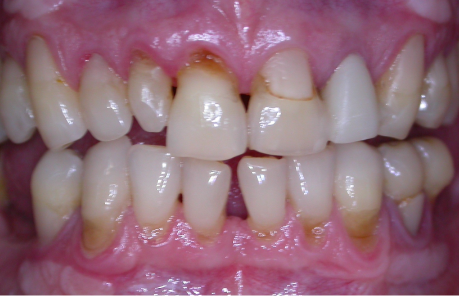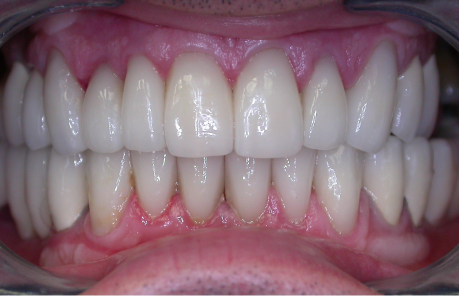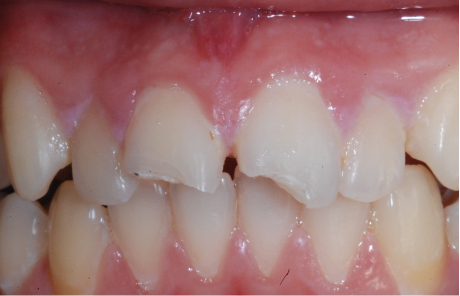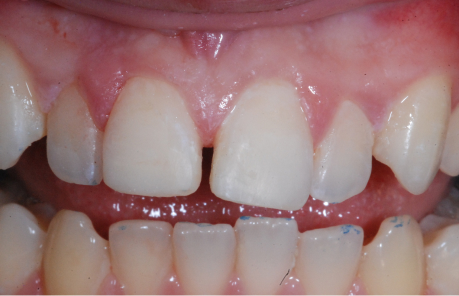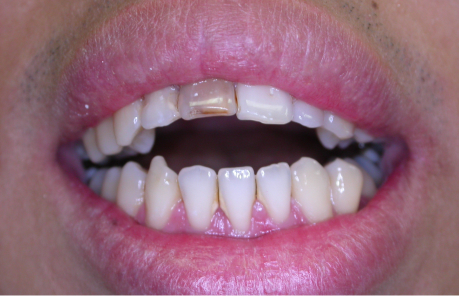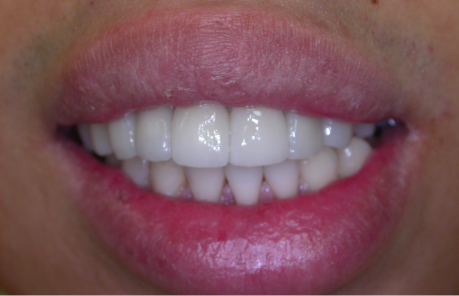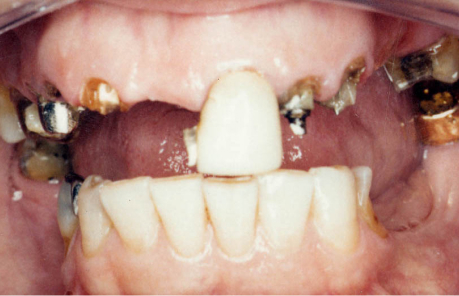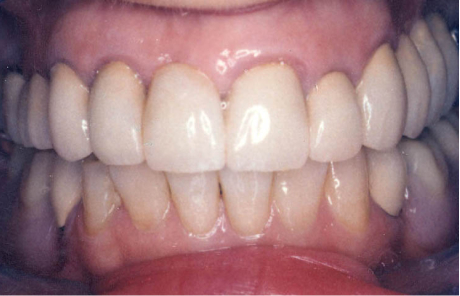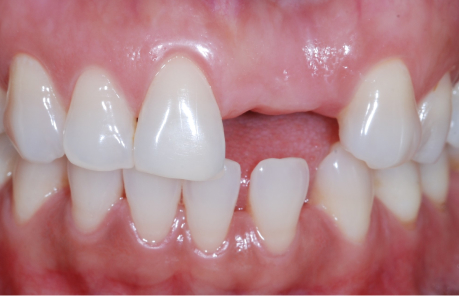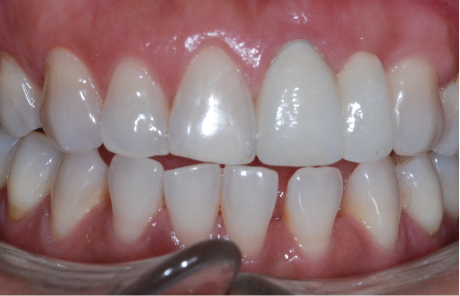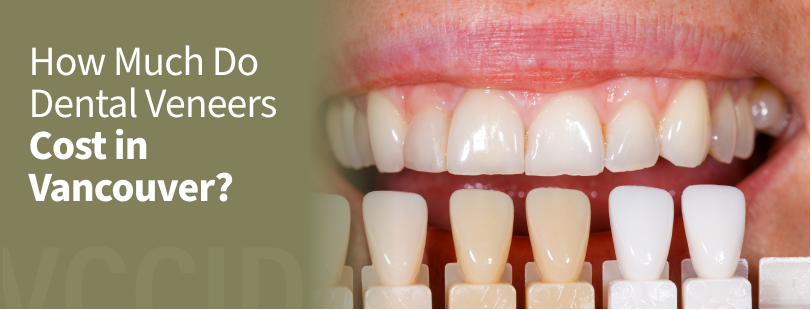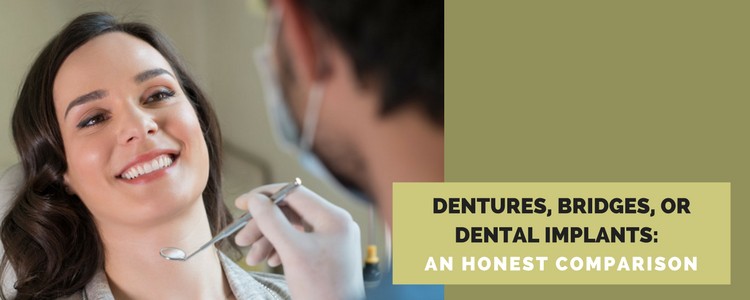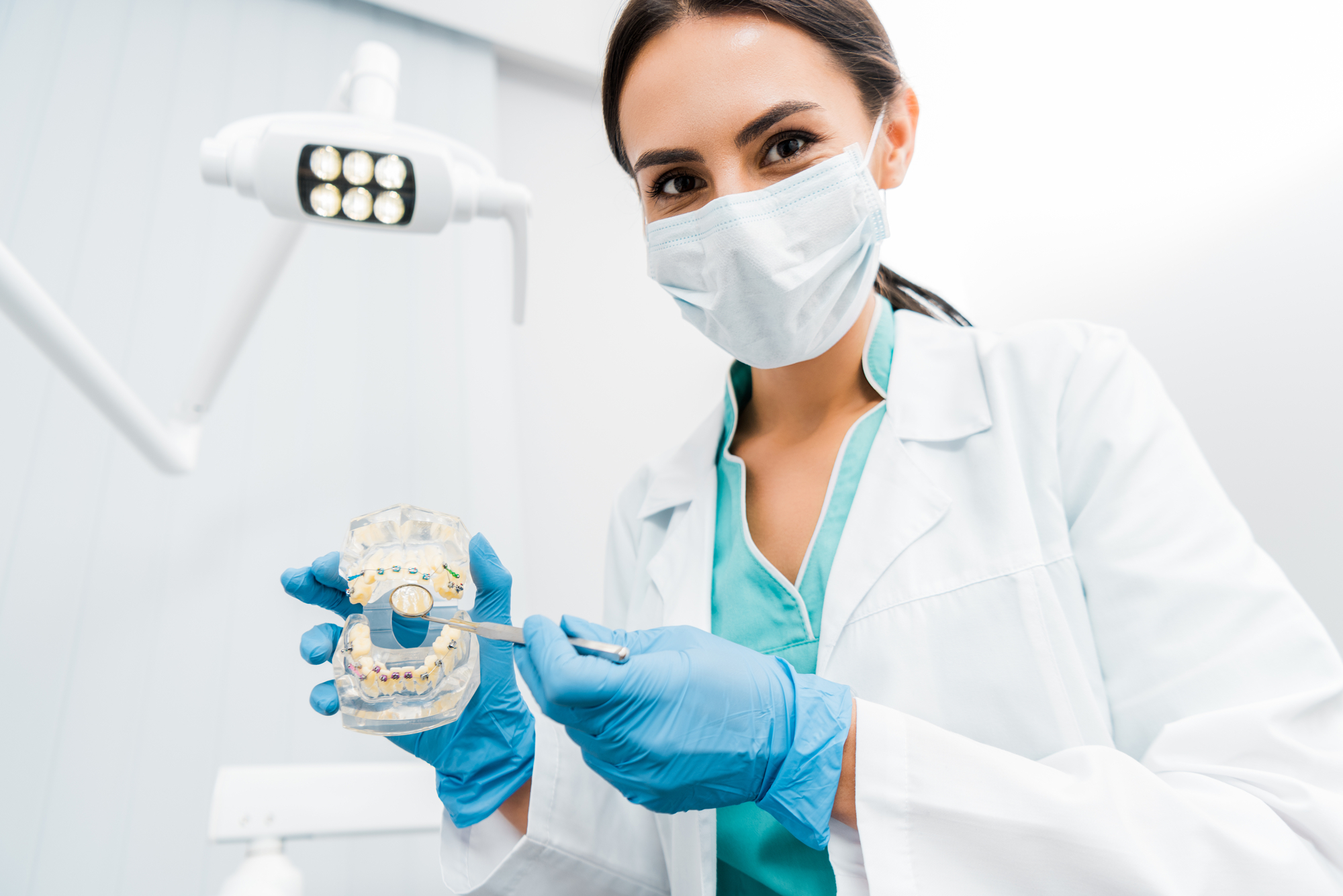Bad breath can cause considerable anxiety and shouldn’t be left untreated. There are several different causes of bad breath, but the good news is that bad breath can be easily cared for and prevented. If you suffer from chronic, severe bad breath, also known as halitosis, it’s important to identify the cause so you can determine an effective treatment.
Causes of Bad Breath
There are many options available for those who suffer from bad breath. Most stores provide gum, mints, and mouthwashes, but this only masks the problem. The key to treating bad breath is determining the underlying cause. Bad breath has many causes, but the following are the most common:
1) Diet and Nutrition
Certain foods, such as garlic, contribute to bad breath, but only temporarily. Once they are absorbed into the bloodstream, the smell is expelled through the breath, but the odors remain until the body processes the food, so there’s no quick fix.
2) Dry Mouth.
If your mouth is extremely dry, there is not enough saliva to wash away excess food particles and bacteria, which can cause an unpleasant smell if they build up on the teeth.
3) Oral Infections.
Bad breath can be a sign of a range of conditions including respiratory tract infections, chronic sinusitis or bronchitis, diabetes, or liver and kidney problems, so it’s important not to ignore the problem.
4) Tobacco Use.
Whether it is smoking or chewing tobacco, Tobacco use is a guarantee of bad breath. If you are ready to quit, ask your doctor or dentist for advice and support.
5) Sinus Problems
Whether it is the common cold or a more serious sinus infection, sinus problems can cause bad breath. This is due to the mucus from postnasal drip, dripping down from your sinuses to your throat and mouth. This mucus is packed with bacteria that can cause bad breath.
6) Gas Reflux
There are several underlying illnesses that can cause gas reflux. Unfortunately, a side effect is bad breath, due to the strong acidity in the stomach bile. If left untreated, acid reflux can affect the esophagus and the gum tissues as well.
7) Poor Oral Health
Bacteria are constantly present in our bodies and our mouths. If our mouth is healthy then the bacterial environment is also in a more healthy state.
However when our oral health deteriorates the type and amounts of bacteria in our mouth changes to a more negative state.
These unhealthy bacteria will proliferate and they often produce what are called volatile sulfur compounds. This is the same smell we notice with rotten eggs and is what gives us bad breath.
This deterioration in our oral health and bacteria will occur if we do not brush and floss properly. This same process is what occurs with gum disease, hence people who have gum disease also tend to have bad breath. However, if you brush and floss daily you can often avoid this from occurring. And if you already suffer from gum disease, a thorough and more frequent professional cleaning will help to keep things under control.
Symptoms of Bad Breath
Sometimes you may not know you have bad breath. It is often the case that a friend or family member will notice first and comment on it. This is because your body can get used to certain smells. As embarrassing as this may be, it’s best to know that you have bad breath, in order to treat it. These are the signs and symptoms of bad breath:
- Dry Mouth
- Burning, dry tongue
- Sour taste in the mouth
- White or yellow build up on the tongue
- Postnasal drip
Prevention and Treatment for Bad Breath
The best way to improve bad breath is to follow a thorough oral care routine including twice-daily tooth brushing and daily flossing to remove the food particles and bacteria that can cause bad breath.
Mouthwashes only improve bad breath for the short term, and if you have a chronic problem, your dentist may suggest an antimicrobial rinse to help keep bacteria at bay. Tongue scraping with a proper tool, in conjunction with good oral hygiene, will also temporarily alleviate bad breath.
However, the underlying problem remains – volatile sulfur compounds that rebuild on the back of the tongue. Besides the reduction of breath odors, products containing chlorine dioxide speed healing following dental surgeries by controlling inflammation.
They are also extremely beneficial for anyone with a large number of fillings, crowns, veneers or implants as they minimize general plaque and inflammation and can prolong the life of dental work.
Products containing chlorine dioxide are not available in stores, however, we keep a limited supply exclusively for our patients. Alternately you may order direct. For more information about ordering, please contact us. We would be pleased to assist you
Visit VCCID in Burnaby to Treat Bad Breath
Don’t hide behind bad breath. Get help today! At VCCID, we find that a thorough tooth cleaning often eliminates the majority of bad breath problems, and we can recommend long-term solutions to keep you confidently fresh, even up-close and personal. We take a holistic approach to dentistry and seek to determine and treat the underlying causes of bad breath. Contact VCCID for a consultation to learn more about your treatment options.

